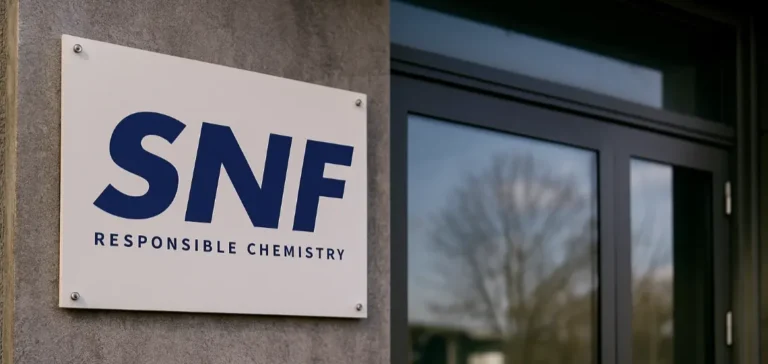SNF announced the acquisition of Obsidian Chemical Solutions Limited Liability Company (LLC), a specialty chemical supplier based in Midland, Texas, operating almost exclusively in the Permian Basin. The price and structure of the transaction have not been disclosed. The French group stated that the company’s integration will be detailed later, with no precise timeline.
Obsidian Chemical Solutions is reported to employ between 11 and 50 staff according to public records. The company operates from a site of approximately 10 acres in Midland, including blending, storage, and laboratory facilities. Its logistics fleet consists of more than 60 ISO containers and 30 bulk tankers, making it one of the largest bulk storage capacities in the region. Its product portfolio covers stimulation, acidizing, drill-out, cementing, and produced water treatment.
A growing market
The global oilfield chemicals market is estimated between USD 20.6 and 29.1 billion in 2024, according to several research firms. Compound annual growth rate (CAGR) forecasts range from 3% to 7% through 2030–2033. North America accounts for about 43% to 56% of the global market, with the Permian Basin playing a central role, representing nearly 48% of U.S. oil production in 2024, according to the U.S. Energy Information Administration (EIA).
Recent sector comparables
Recent transactions in the oilfield chemicals sector provide relevant benchmarks. In July 2025, Schlumberger (SLB) finalized the acquisition of ChampionX, valued at around USD 8.18 billion, based on an estimated multiple close to 10 times EBITDA. By contrast, certain North American asset sales have closed at much lower levels: in 2023, Clariant sold its “Land Oil” business to Dorf Ketal for USD 14.5 million, or about 0.13 times annual sales. These differences illustrate the heterogeneity of valuations in oilfield chemicals, depending on geographic footprint, margins, and growth prospects.
Integration and positioning
In its statement, SNF Oil & Gas, through Vice President Brian Satterfield, emphasized that the acquisition aims to strengthen service capacity and customize chemical solutions for operators in the Permian Basin. The French group highlights the strategic value of expanding its logistics base and completing its product offering in a market where delivery speed and formulation adaptability are decisive. No further details have been provided on the operational timeline or valuation of the transaction.






















